SEAMEO RECFON, in collaboration with Universitas Muhammadiyah Prof. DR. HAMKA (UHAMKA), organized a Refreshment Training on Adolescent Nutrition and Health to strengthen the implementation of the Islamic Health Promoting School (I-HELP) Program in DKI Jakarta. The training was held on 24 February 2025 in Matraman, East Jakarta, and was attended by 11 participants from SMP Muhammadiyah 30, SMP Muhammadiyah 3, SMP Islam Ruhama, and SMK Islam Ruhama.
This training served as an appreciation for the commitment and active participation of the four schools in adapting the Nutrition Goes to School (NGTS) Program into I-HELP. Additionally, it strengthens the implementation of I-HELP in DKI Jakarta, particularly in the partner schools.
In her opening remarks, Dr. Dwi Nastiti Iswarawanti, Deputy Director for Program of SEAMEO RECFON, emphasised that good health and nutrition are key to supporting adolescent growth and academic achievement. “Through the I-HELP Program, we strive to create a school environment that not only supports academics but also fosters healthy habits aligned with Islamic values. We hope this training will enhance participants’ capacity to implement better nutrition and health practices in their respective schools,” she stated.
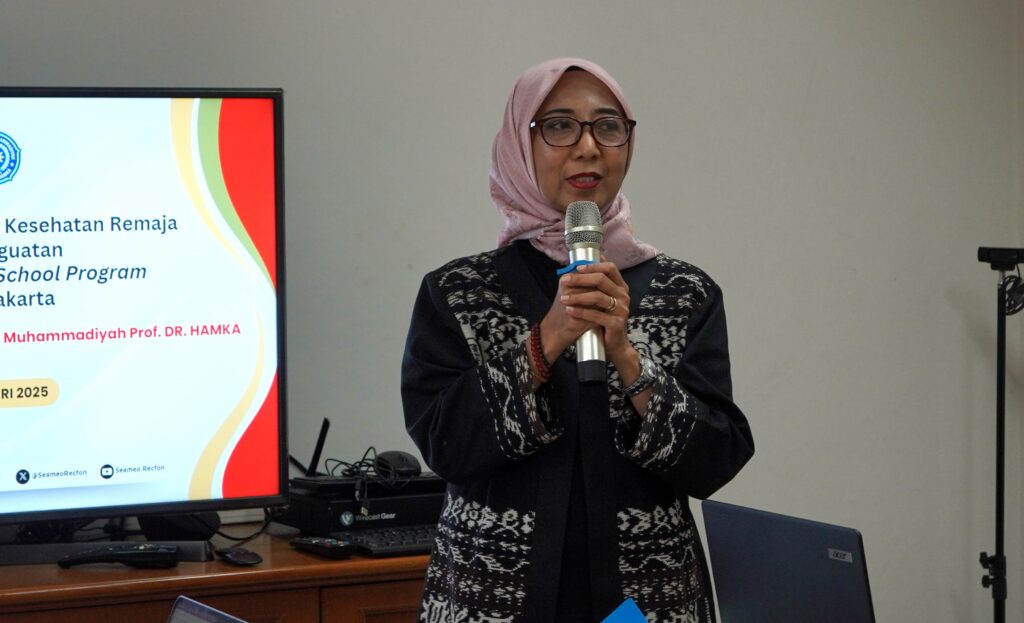
The training began with a “Building Learning Commitment” session, aimed at establishing a shared learning commitment through introductions among participants, facilitators, and organizers. Participants also shared their experiences in implementing nutrition and health programs in their schools. During this session, Helda Khusun, PhD (SEAMEO RECFON) and Nursyifa Rahma Maulida, M.Gizi (UHAMKA) underlined the importance of creating a supportive and collaborative academic environment to facilitate effective learning.
This one-day training covered a wide range of topics, including “Adolescent Nutrition and Health” and “NGTS Management as a Strengthening Approach for the School Health Unit and School-Based Management” by Helda Khusun, PhD (SEAMEO RECFON); “Nutrition Status Measurement” by Training Facilitators; “Balanced Nutrition Guidelines” and “Lesson Planning and Action Plan” by Nursyifa Rahma Maulida, M.Gizi (UHAMKA).
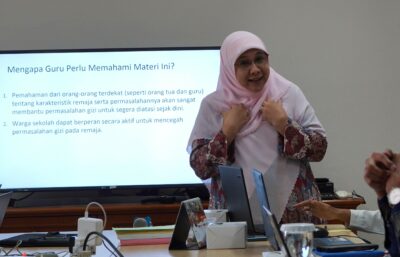
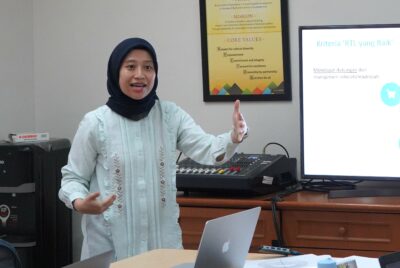
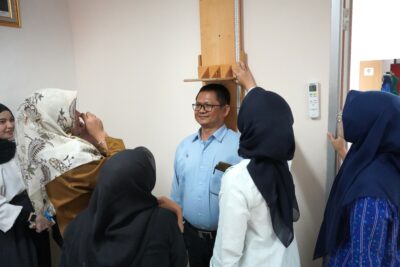
Following the training, participants developed and presented their Action Plans for implementation in their respective schools.
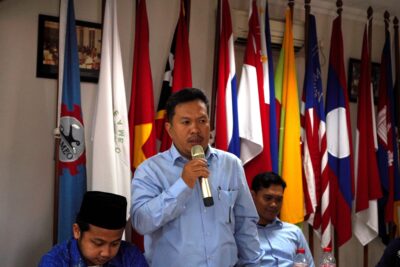
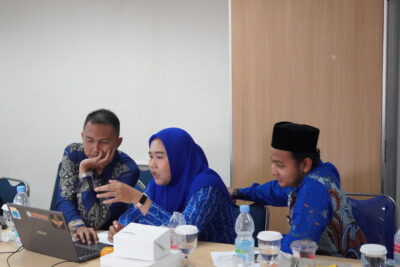
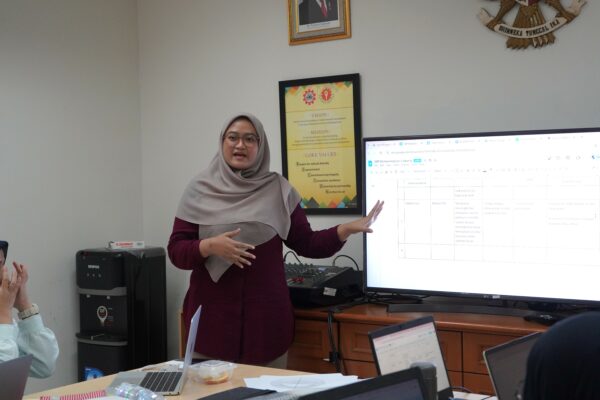
This training provided teachers with comprehensive knowledge and practical skills to educate students on the importance of nutrition and health. By mastering adolescent nutrition, balanced nutrition guidelines, nutrition status measurement, and NGTS management within the School Health Unit and School-Based Management, teachers are expected to create healthier school environments that support student well-being. Through the implementation of Lesson Plans and Action Plans, teachers now have concrete strategies to integrate nutrition education into classroom activities.


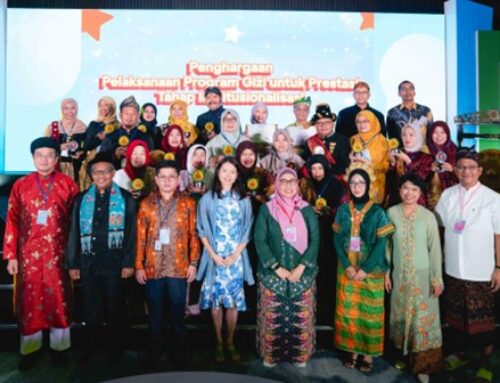

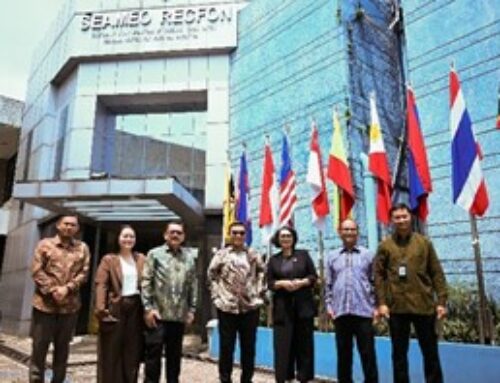
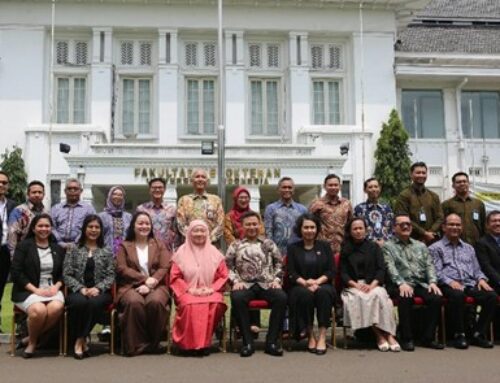
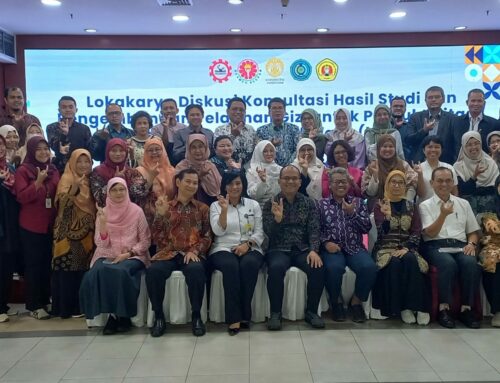
Leave A Comment